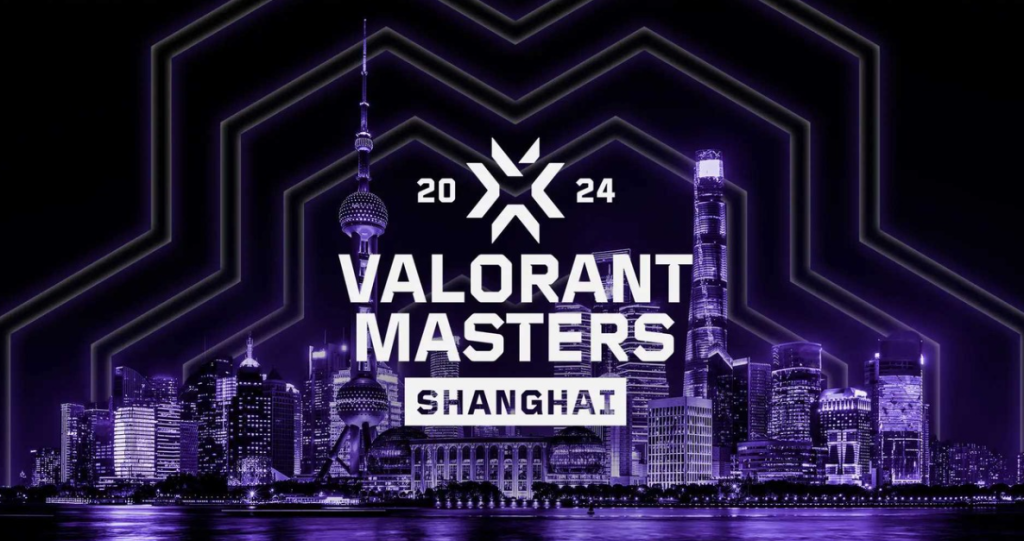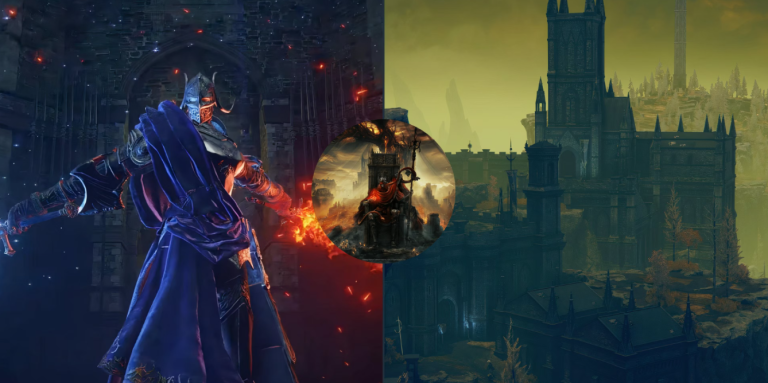
In recent weeks, the esports world has been buzzing with excitement, thanks to the Valorant Masters event held in Toronto. This tournament drew fans from around the globe, all glued to their screens to witness nail-biting matches and intricate tactical battles. For those of us who have followed esports for years, these events are more than just showcases of technical skill—they reveal deep human stories and raw emotions, much like traditional sports. And that’s exactly why I keep coming back.
Let me share a story from my own circle. My friend Jake, a die-hard Valorant fan, is a typical busy professional juggling work and life. Yet, when international tournaments kick off, he drops everything to stay up late, watching every match live and chatting with fans worldwide. What Jake finds thrilling isn’t just the flashy aim or lightning-fast reflexes; it’s those moments when players stay calm under pressure and make split-second decisions that change the course of the game. Take, for example, a final match in Toronto where Team X’s star sniper, Emma, pulled off three clutch kills in a row to swing the game around. Jake said watching that made him feel like esports pros are just regular people chasing their dreams as fiercely as anyone else.
Back to the tournament itself—Toronto’s Valorant Masters was packed with unforgettable moments. The variety of tactics on display was striking. Each team tailored their strategy based on the map and their opponents’ playstyle. North America’s Team Alpha often opted for fast, split-second attacks that pressured multiple points at once, forcing defenders to spread thin. Meanwhile, Europe’s Team Beta took a slower, more methodical approach, relying on precision sniping and gathering intel to pick apart defenses bit by bit. The clash of these contrasting styles not only showcased regional esports cultures but also kept fans on the edge of their seats.
What made it even more fascinating were the unexpected plays that came from these diverse strategies. In one knockout match, Team Alpha’s ace player Mike pulled off a seemingly impossible four-kill clutch, turning the tide when everyone thought it was over. He later admitted these moves were born from countless hours of practice and experimentation, sometimes even from casual ranked games at home where he’d stumble onto new tricks. It reminded me of my own childhood arcade days, where secret combos and hidden moves came from trial and error. Behind every esports highlight, there’s a mountain of unseen effort and sweat.

Beyond individual skill, teamwork was the true deciding factor. Esports isn’t a one-man show; even the best players need a synchronized squad. On the Toronto stage, top teams showed remarkable communication and coordination. Take Team Gamma’s in-game leader, Ben. He’s a master at reading fast-changing situations and adapting on the fly, carefully leveraging each player’s strengths while countering the enemy’s moves. Ben shared that his team spends hours daily reviewing match footage and running simulations to prepare for any scenario. That level of preparation is what separates champions from the rest.
There’s also a psychological battle going on beneath the surface. The pressure on esports athletes is intense, far beyond what casual viewers might imagine. The rapid pace and high stakes demand instant, perfect decisions. I once interviewed Lily, a European pro, who told me she meditates and practices mental exercises before every big event to stay focused and calm. She said, “Emotions can make or break your performance. Learning to control them is part of becoming a top player.” That reminded me of many stories from traditional sports, where mental toughness is often the ultimate game-changer.
Technology plays a huge role too. With advanced analytics and data tracking, teams are now crafting strategies scientifically and improving training efficiency. The Toronto teams heavily used data to tweak player styles and plan tactics. Jake mentioned he’s even started using some of these analysis tools himself to better understand match trends and sharpen his gameplay. Esports has evolved beyond just fast hands—it’s a tech-driven, data-informed battlefield with an exciting future.
And beyond the fierce competition, the Valorant Masters also highlighted the vibrant esports community. Fans connect not only to watch but to share the passion. Jake and his friends in New York formed a little viewing party during the season, watching matches together and chatting strategy, even jumping online afterward to recreate scenarios from the tournament. This shared experience turns esports from a screen-bound game into a warm social phenomenon, uniting players and fans worldwide.
In the end, Valorant Masters Toronto was much more than a tournament—it was a celebration of esports culture and spirit. Every clutch shot, every flawless team play, every mental duel reflects the stories and sweat behind the scenes. Whether you’re a pro or a passionate fan like Jake, this global festival gives us all a chance to witness and share the joy of chasing dreams through the game.
![]()


